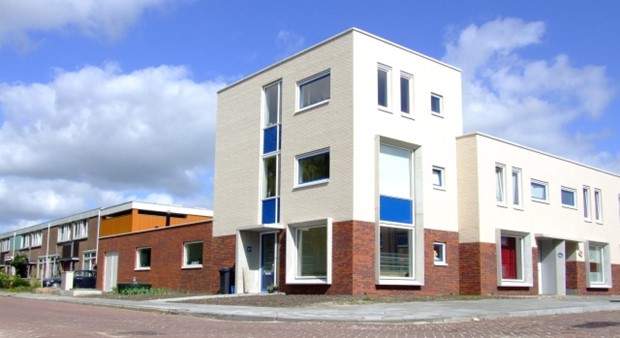(Hyper)Thermophilic digestion of blackwater
Optimisation for recovery of energy and organic matter and (micro)nutrients for reuse in agriculture
Wastewater is conventionally treated after dilution with appreciable amounts of clean drinking water. Recovery of resources in that case is only limited. By collecting blackwater separately, valuable elements are present in a concentrated form. This stream can then be treated anaerobically, allowing simultaneous resource recovery and energy production while producing fertilisers usable in agriculture.
Technology
This concept has been applied in several locations under mesophilic conditions. However, this does not allow the recovery of hygienically safe products (carbon, phosphorous). To achieve this, higher temperature treatments need to be applied.
Challenge
Thermophilic treatment is a process of converting COD (carbon) in black water to energy (methane). Phosphorous is largely retained in the sludge, and nitrogen (as ammonium) is present in the effluent. The aim of this project is to investigate and optimise the conversion of carbon to either energy or sludge at 55 and 70°C while producing hygienically safe fertilisers for agriculture.
Solution
Thermophilic digestion of black water was applied at a pilot scale in Sneek (Lemmerweg) for over a year. The approach is to build on results obtained in earlier research and optimise the process further for application on a full scale.

- Izore Landustrie/Desah Engie WON Wetterskip Fryslan Wetsus
Lucia Hernandez Leal
Wetsus